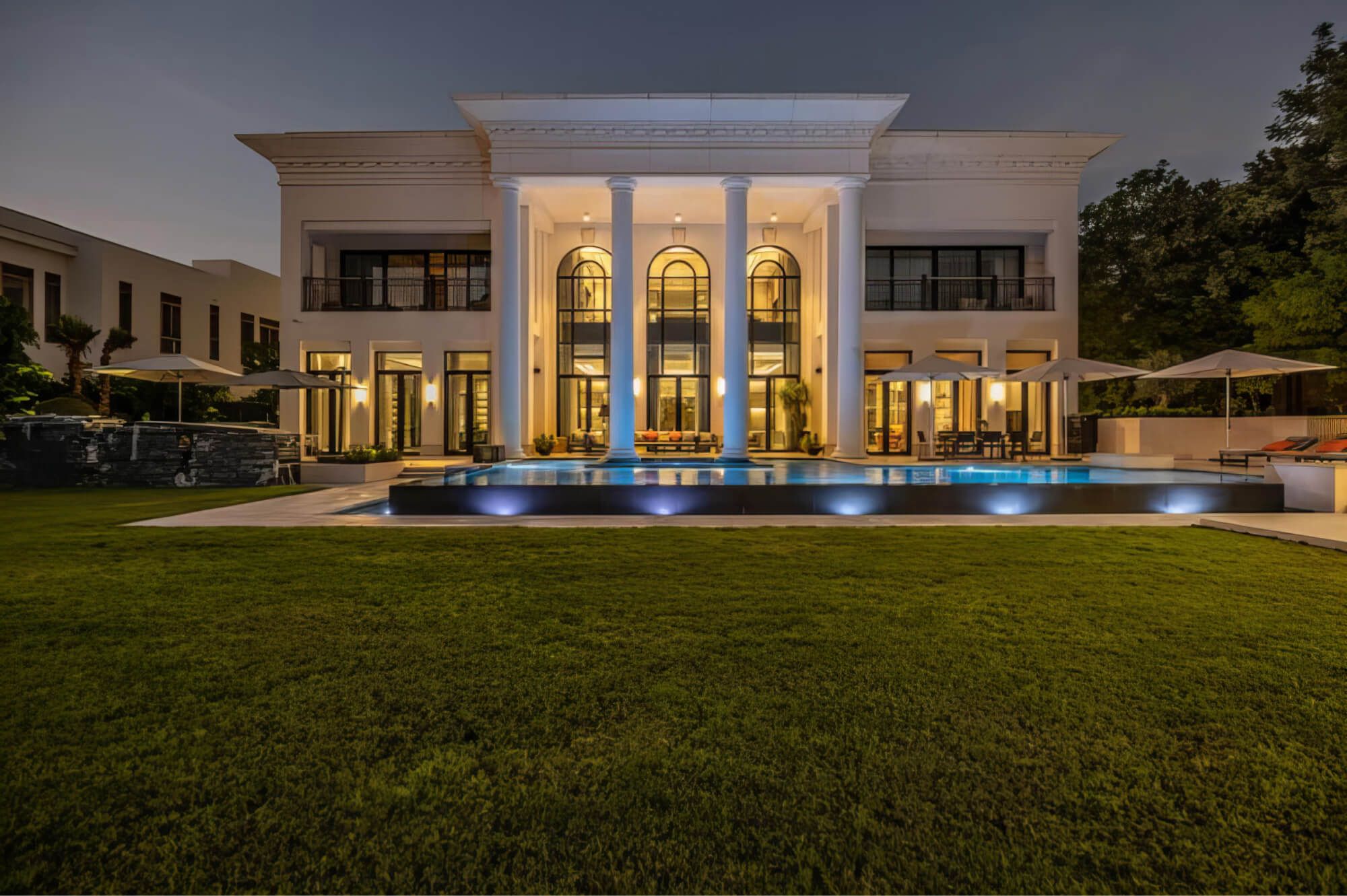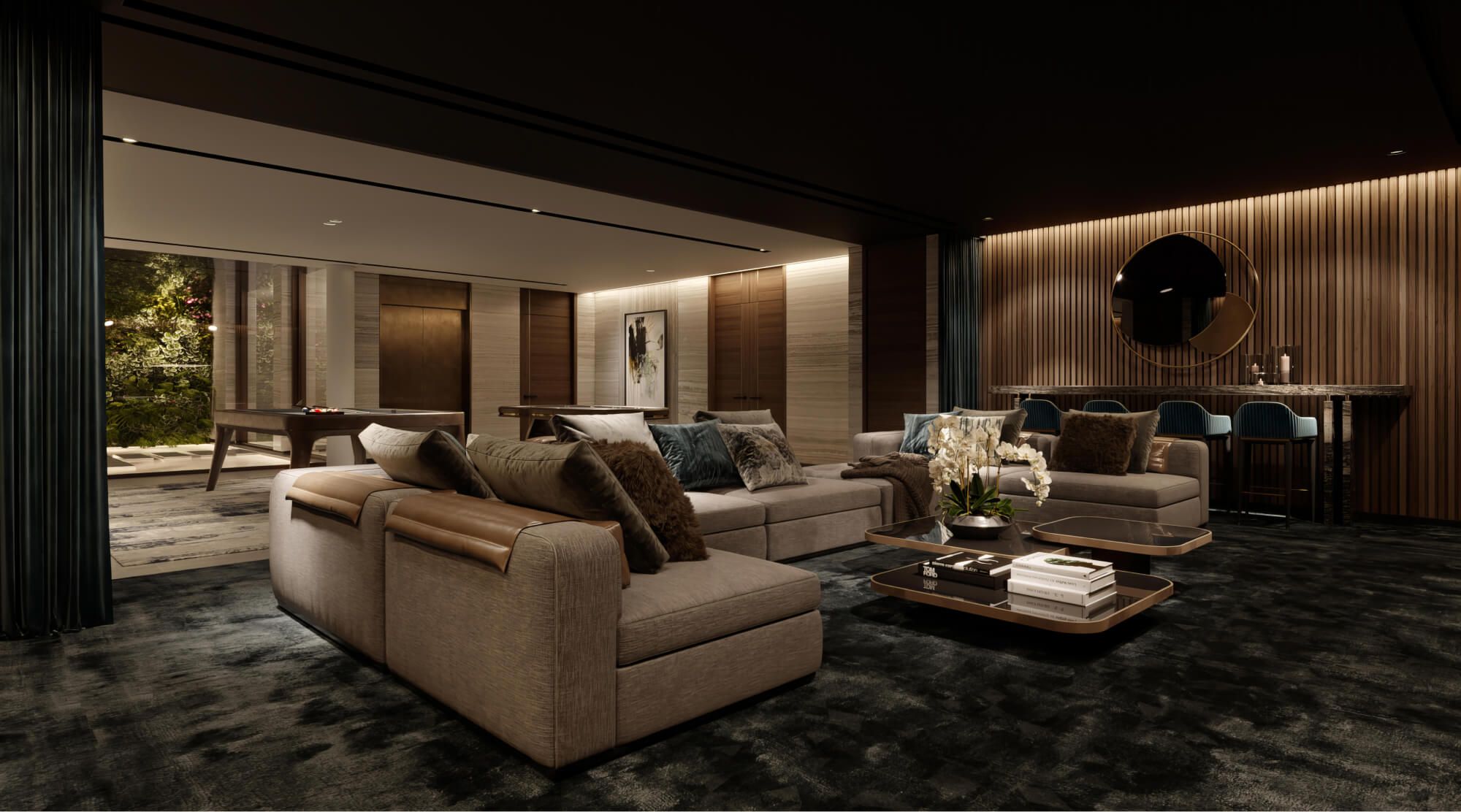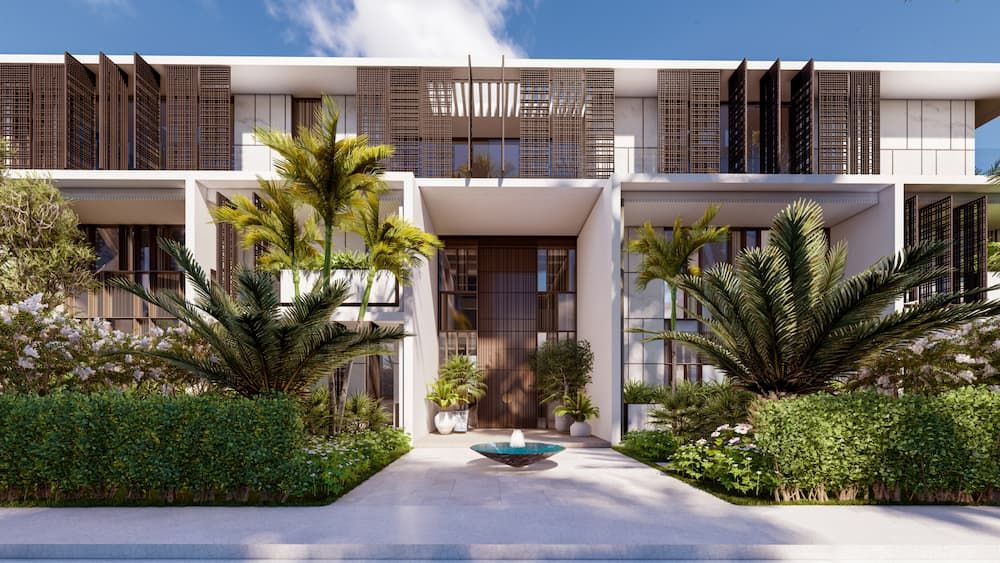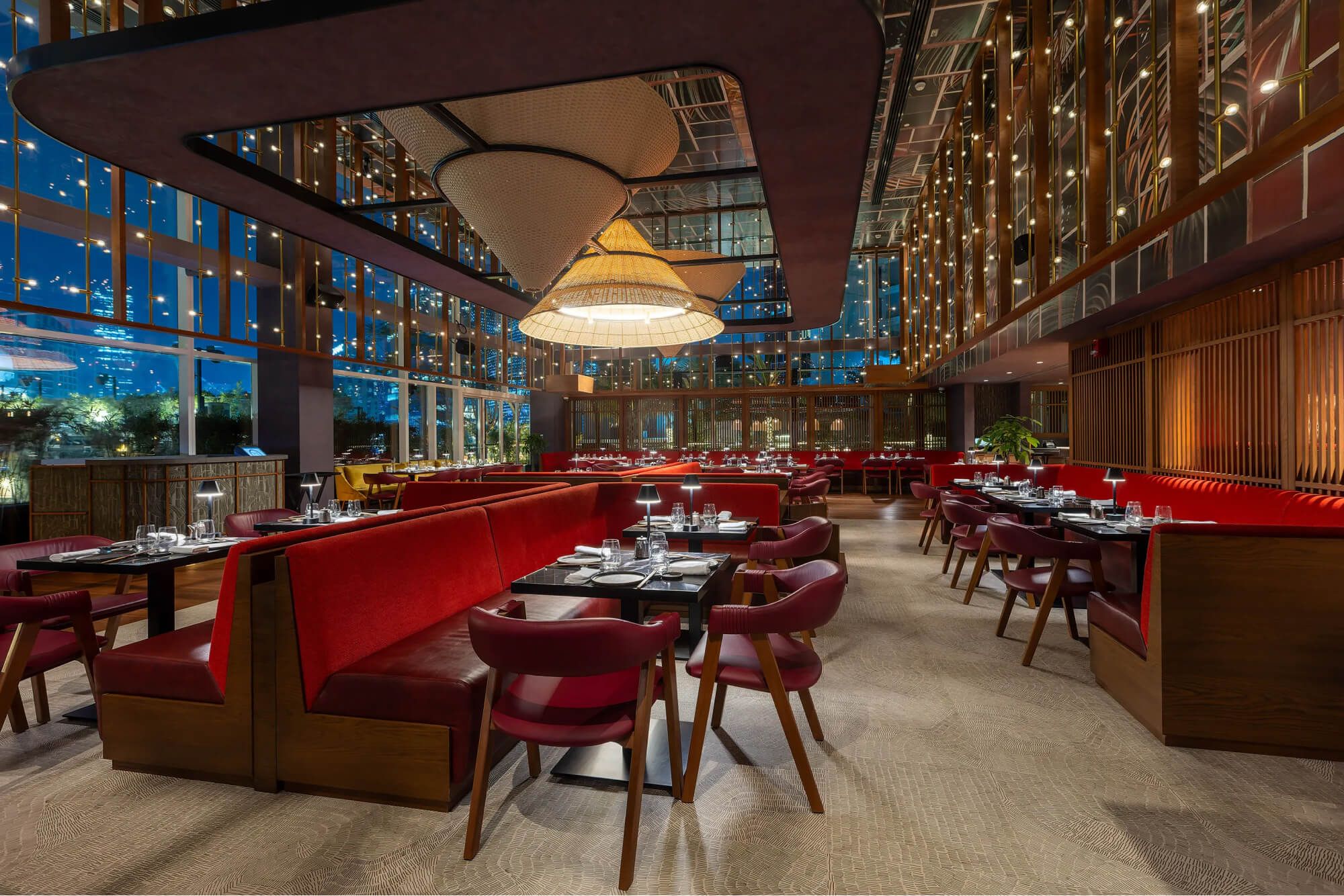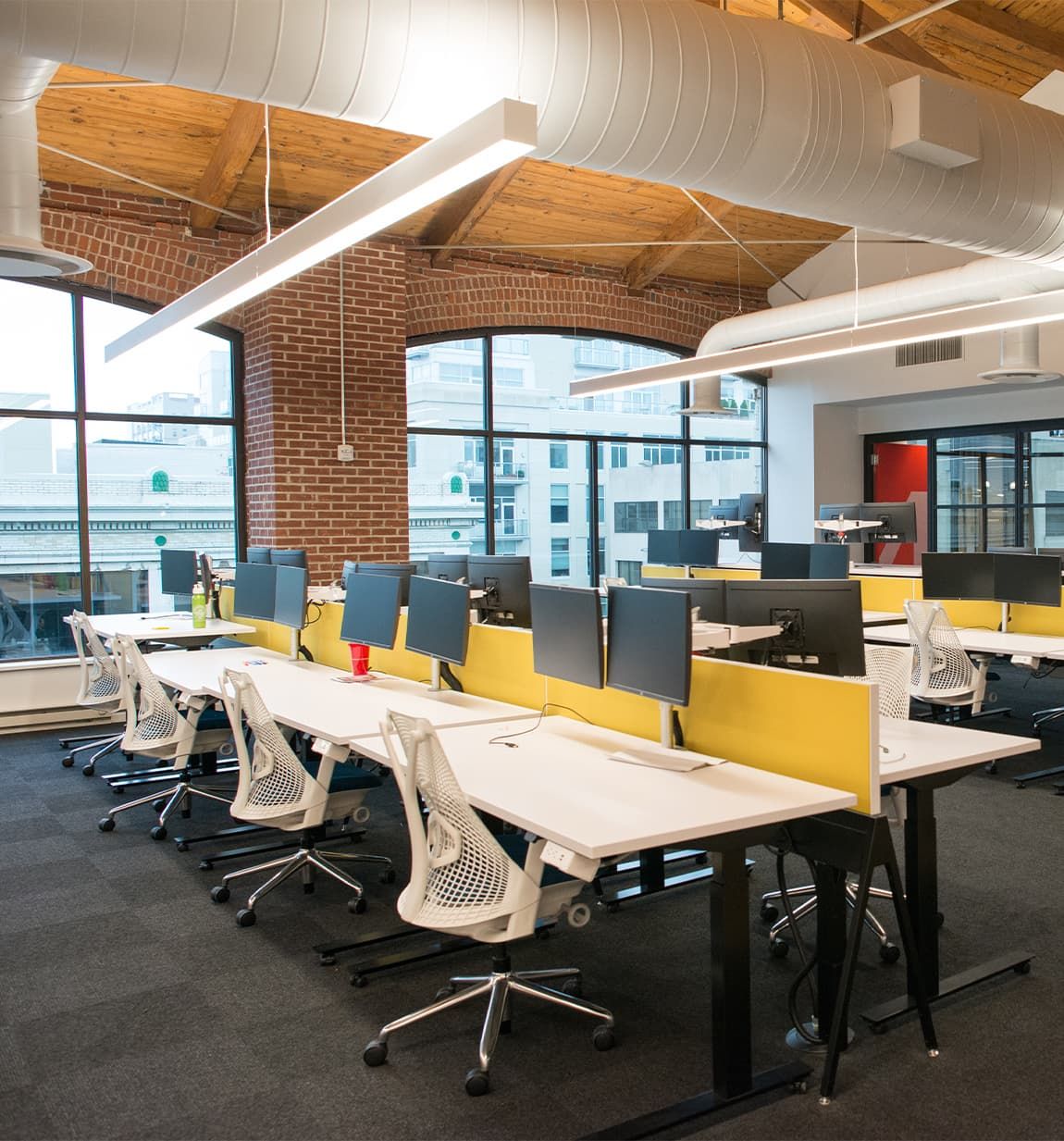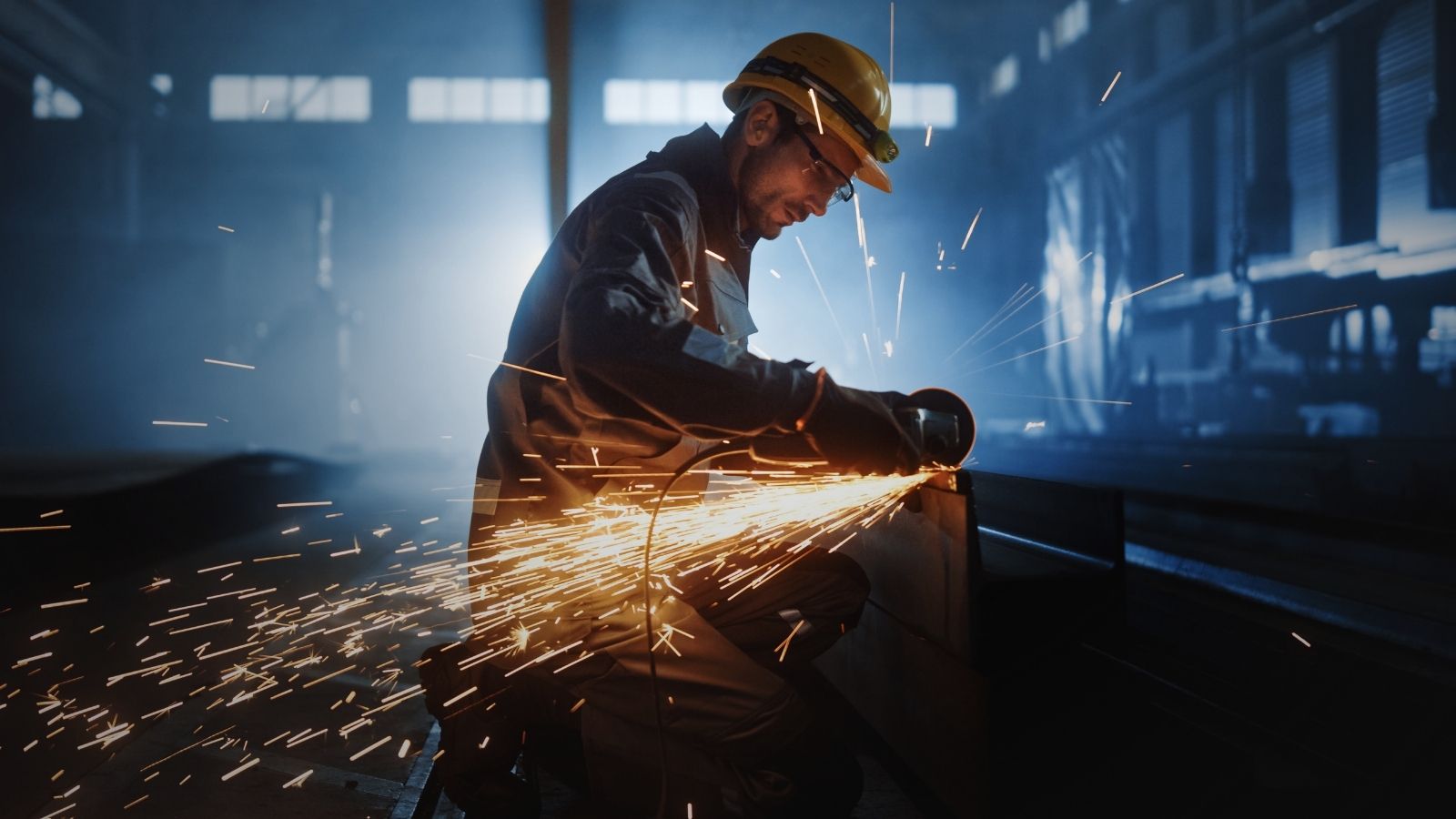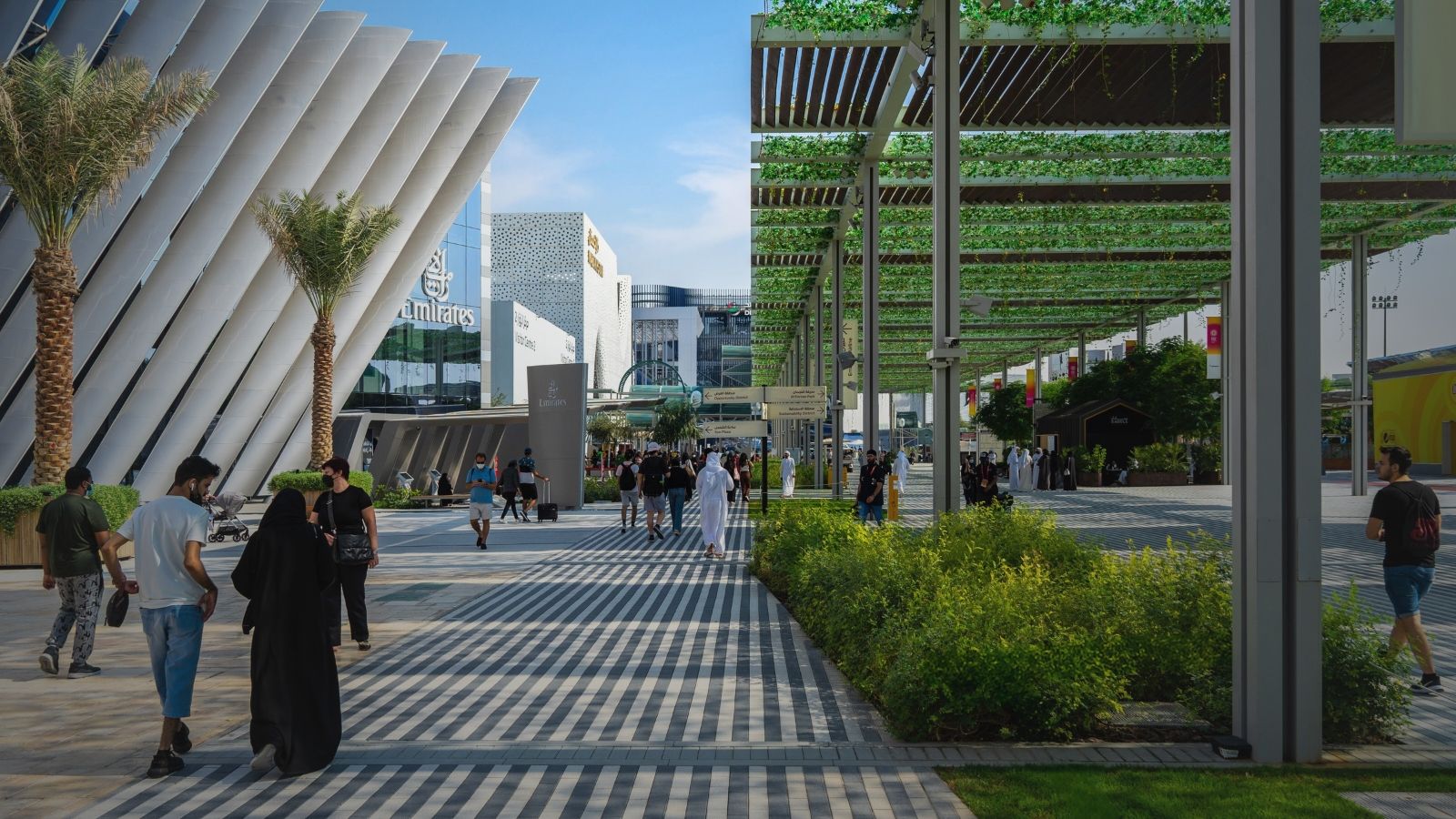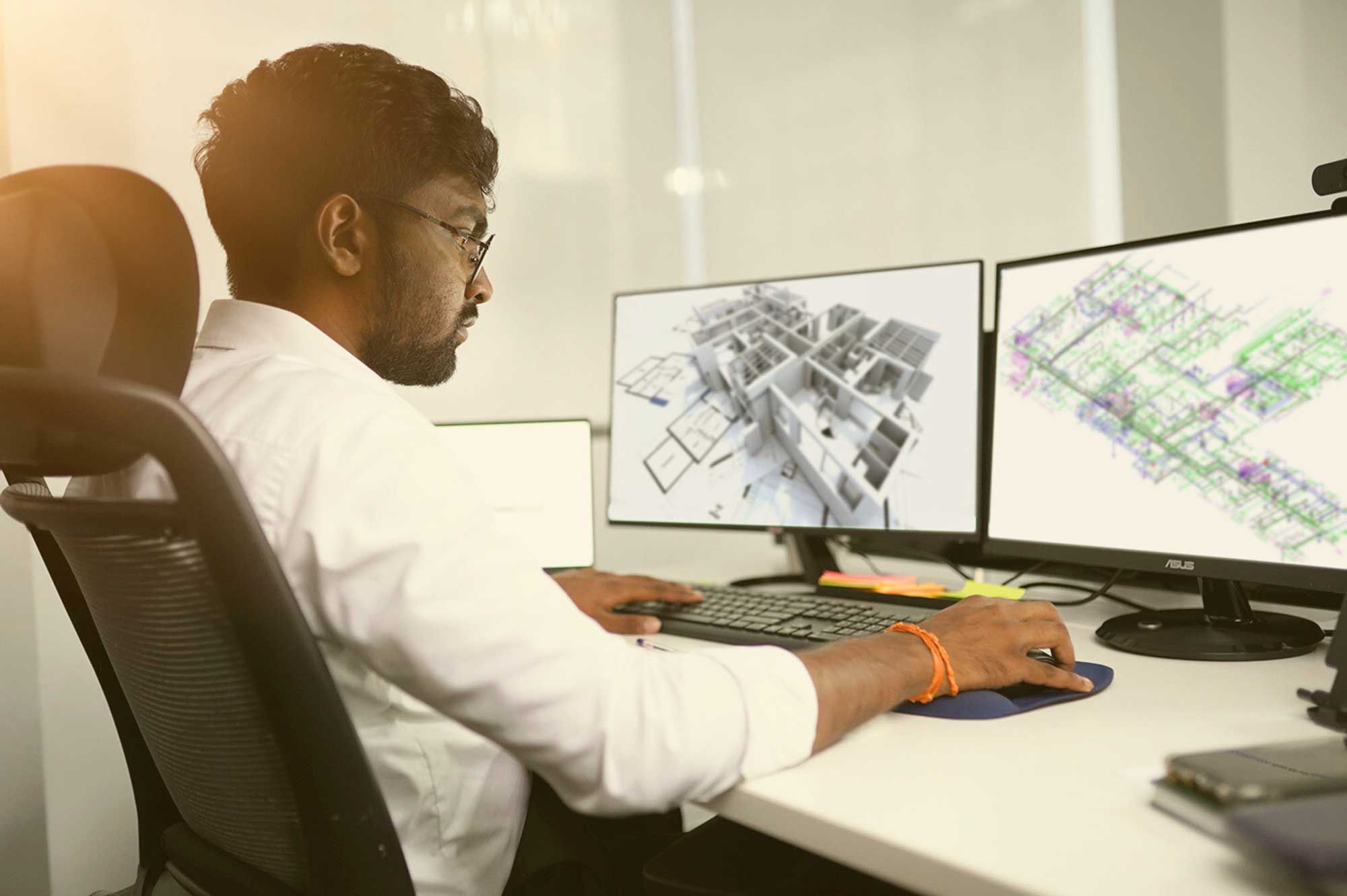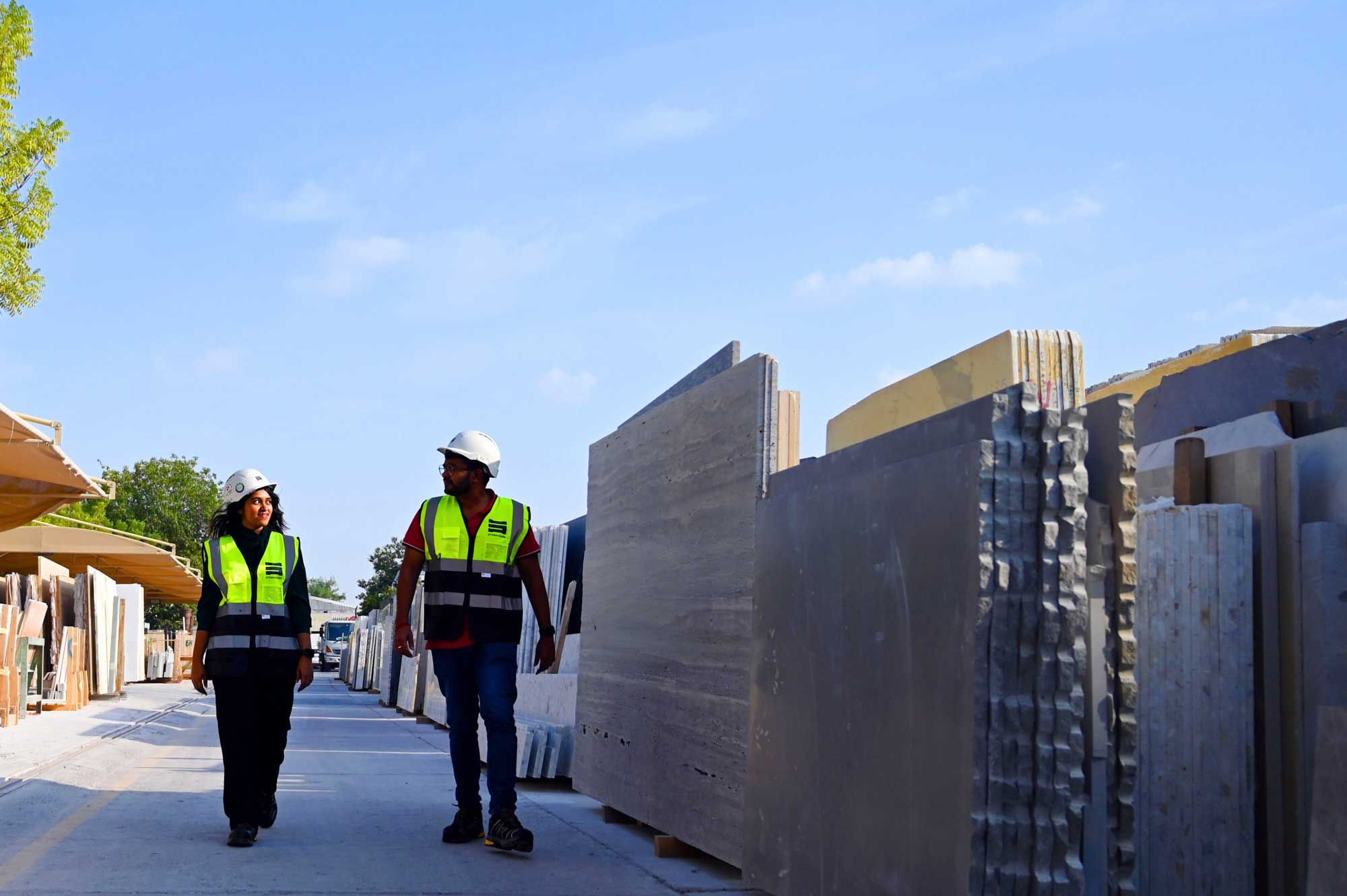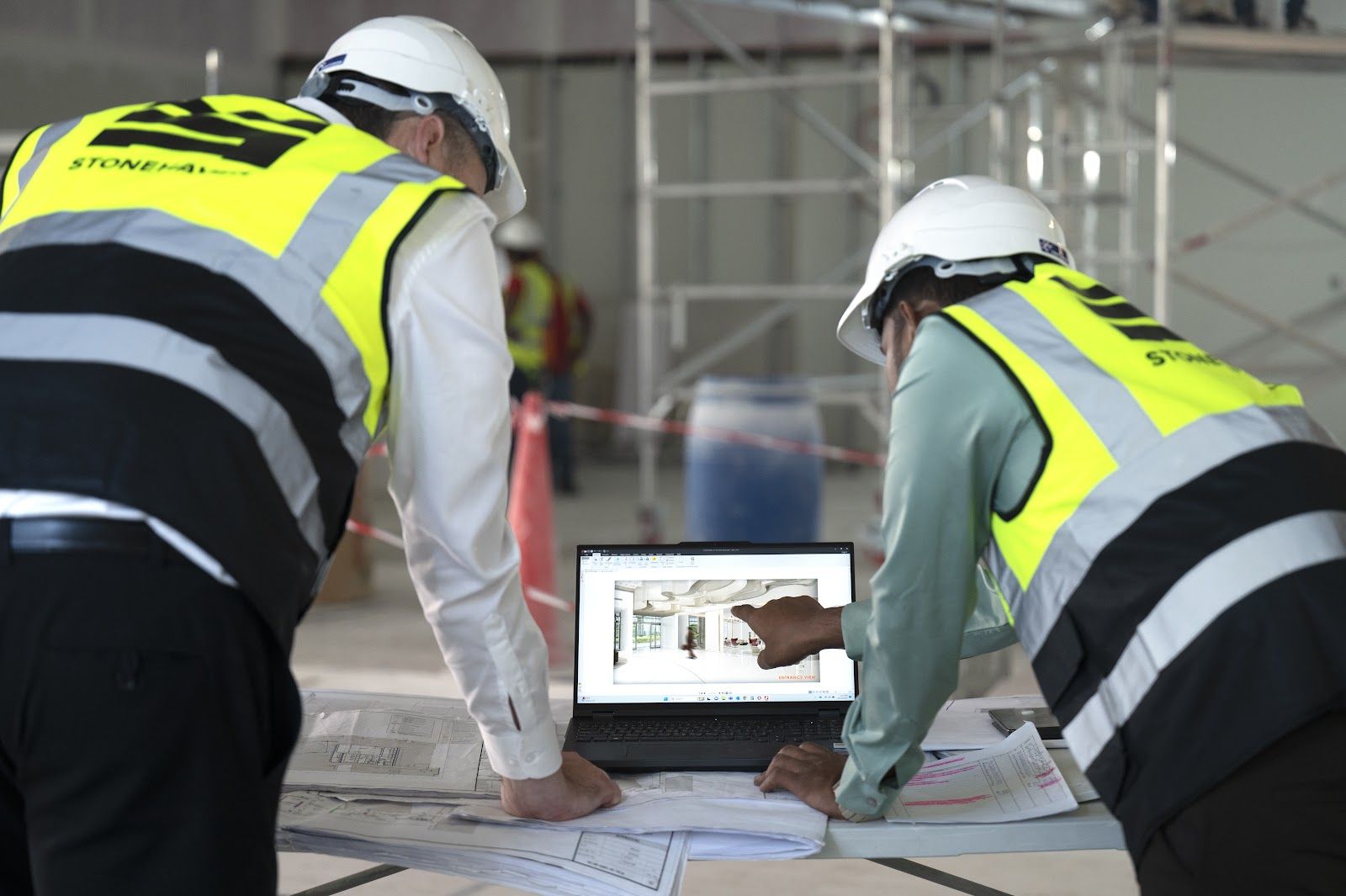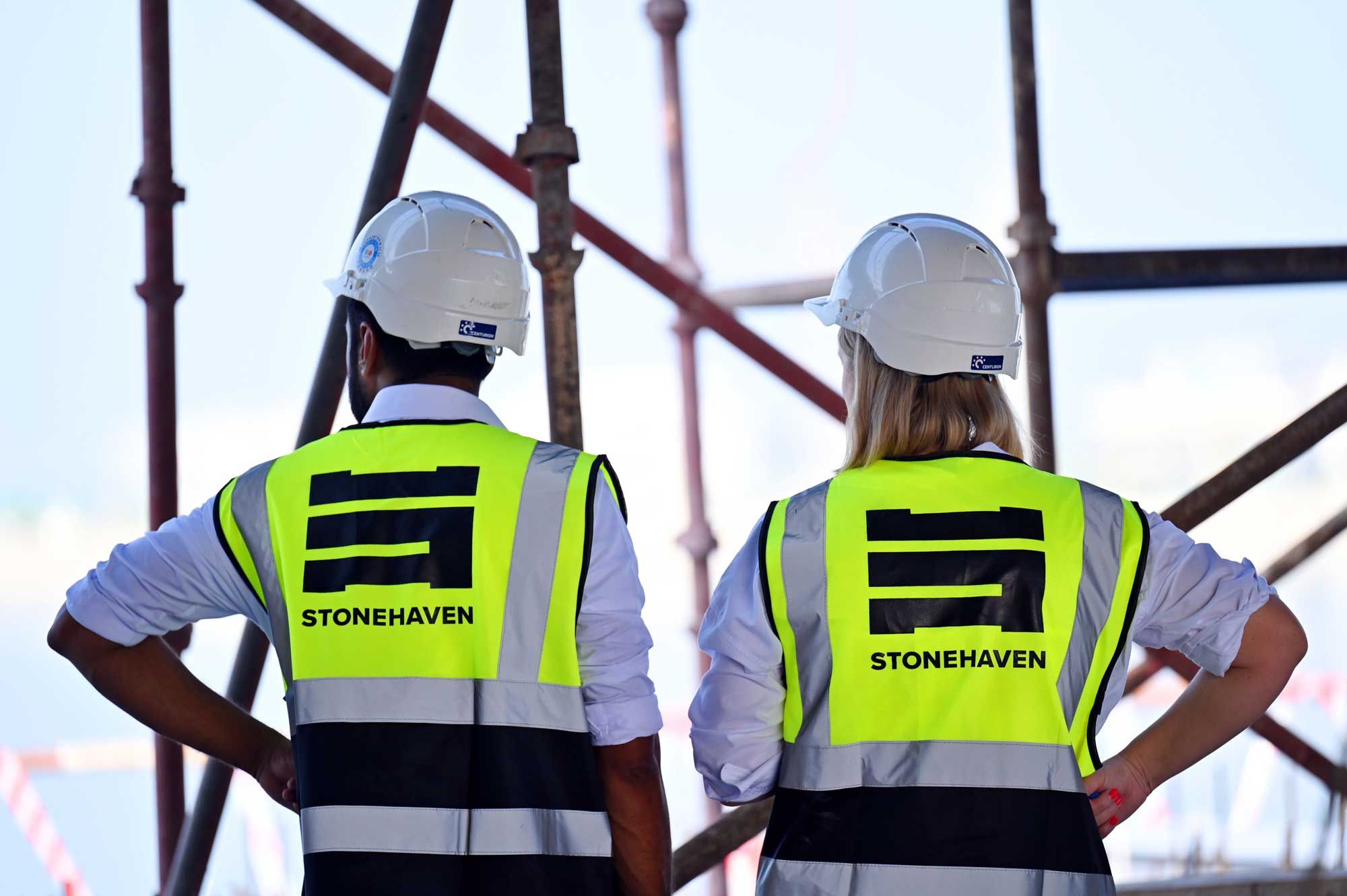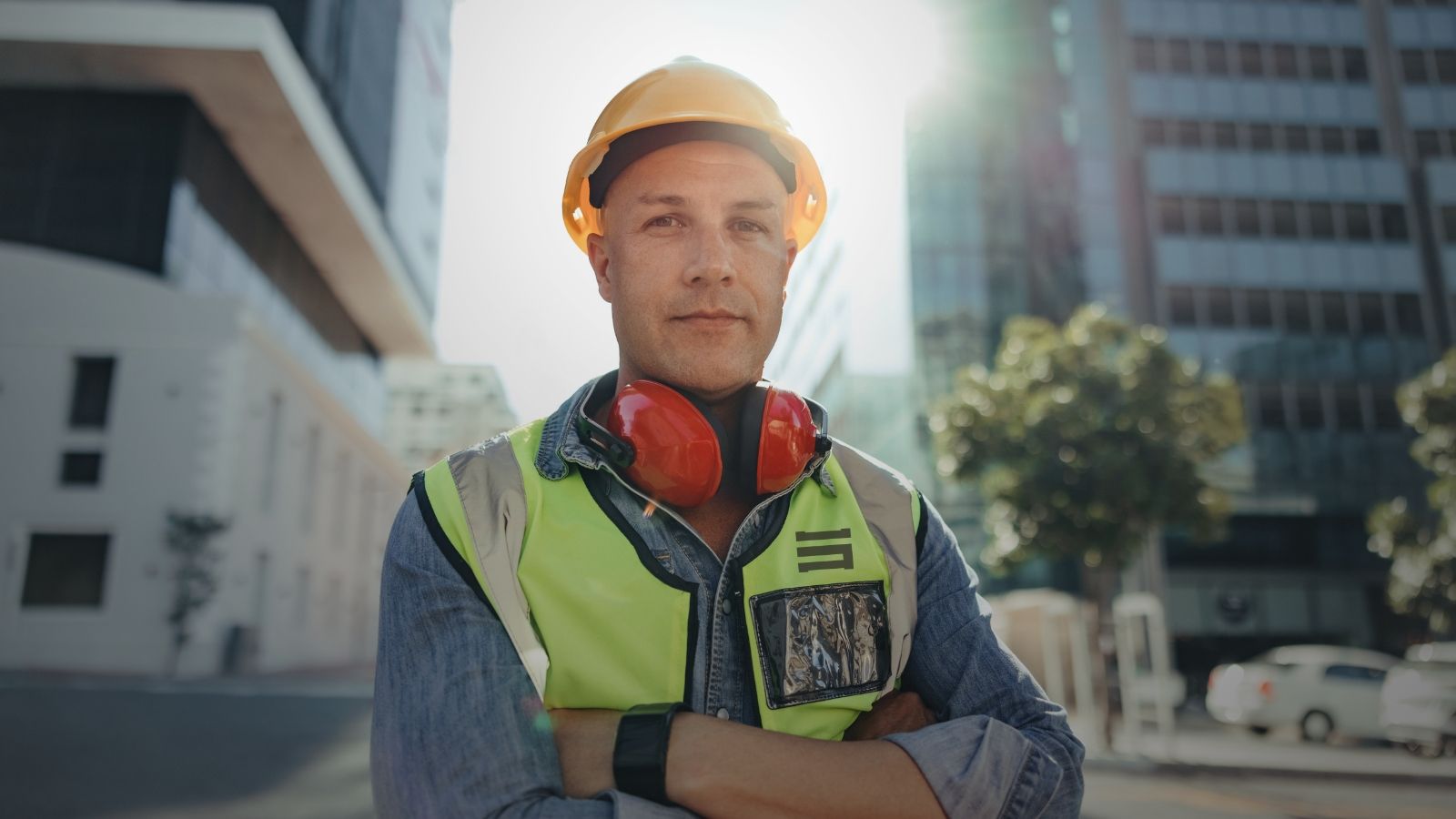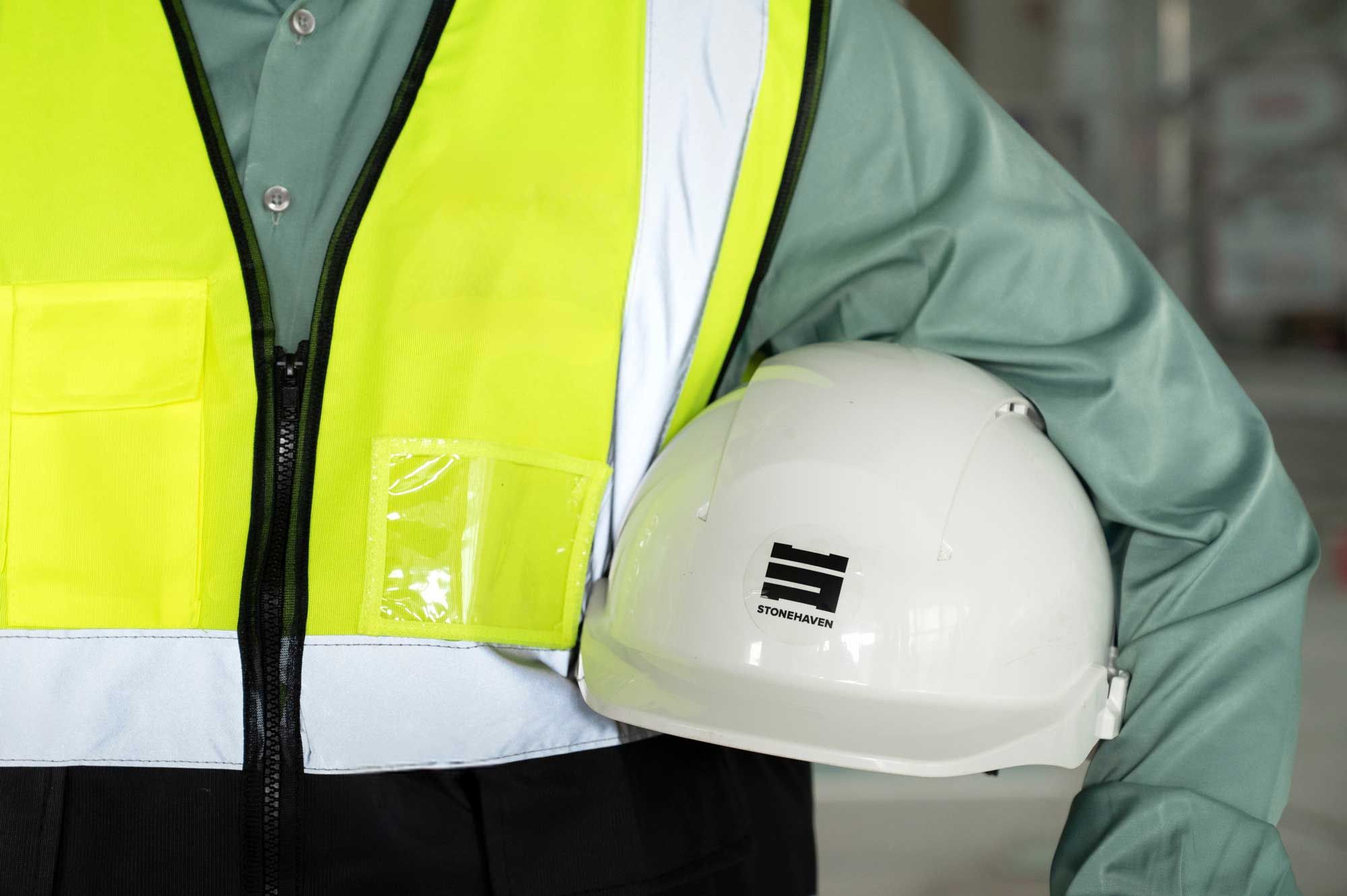Before a single brick is laid or blueprint approved, one decision will quietly determine whether your project runs smoothly or descends into chaos. That decision? How early and thoroughly your engineer addresses MEP design. Overlook it, and you’re not just cutting corners, you’re sending up a flare to the relevant teams that problems are already on the horizon.
Yet MEP coordination is often misunderstood or underestimated, leading to costly inefficiencies, compliance issues, and project delays. Without the guidance of a qualified MEP design consultant, even the most promising construction project can quickly unravel.
This article examines why MEP consultants are not only vital but also strategic to a project’s success. From system integration and regulatory alignment to cost efficiency and long-term sustainability, we explore how their expertise transforms complex challenges into coordinated and future-ready solutions. Whether you are leading a commercial office or a public infrastructure project, engaging an MEP design expert is not just best practice, it is a necessity.
What is MEP Engineering?
MEP Engineering is a specialised discipline that focuses on the comprehensive planning, design, and management of mechanical, electrical, and plumbing systems within buildings. These systems are crucial for ensuring optimal climate control, efficient lighting, reliable power distribution, and effective water supply and waste management.
In the UAE, the significance of MEP design and engineering has grown in tandem with the country's rapid urban development and commitment to sustainable infrastructure. The nation's engineering services market is projected to grow at a CAGR of 5.6% from 2024 to 2030, reaching a value of USD 223.58 billion by 2030, with consulting being the largest revenue-generating segment.
Recent developments highlight this shift. The Jetex Private Jet Terminal at Dubai World Central (DWC). This project required a fast-track delivery to accommodate the COP28 international climate event. The MEP design incorporated energy-efficient systems, including high-efficiency HVAC units and advanced lighting controls, to meet stringent sustainability goals. The integration of these systems ensured not only compliance with environmental standards but also enhanced the operational efficiency of the terminal.
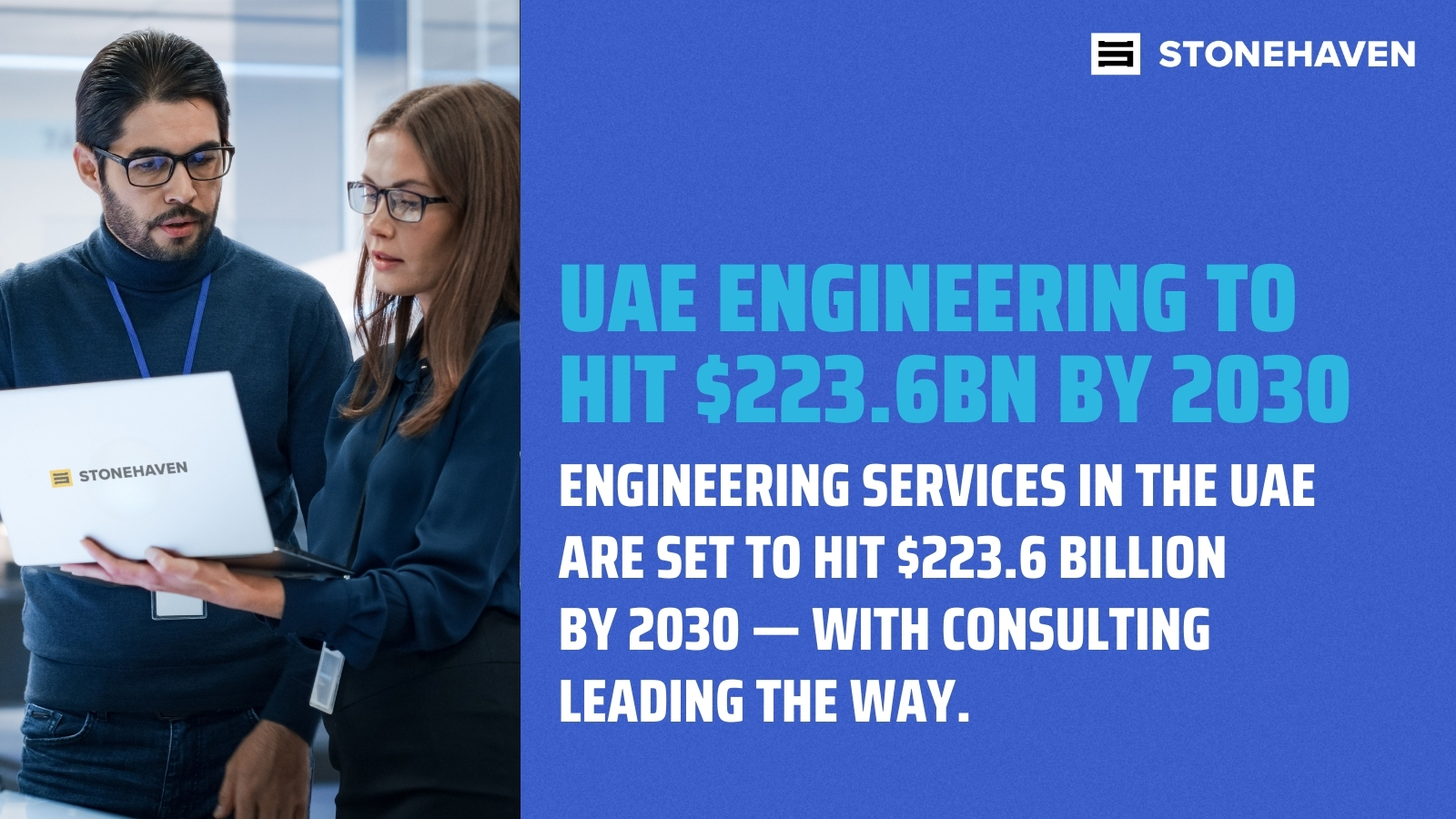
Engaging MEP consultants early in the project lifecycle allows for energy modelling, system optimisation, and alignment with local authority requirements. It ensures that technical systems do not operate in isolation but are seamlessly woven into the building’s architectural framework. When done correctly, this leads to cost savings, improved efficiency, and enhanced occupant comfort, benefits that compound over the building’s lifespan.
How do MEP Consultants Influence Project Efficiency?
MEP consultants play a pivotal role in bridging the gap between architectural vision and practical implementation. Their involvement ensures that the building's systems are designed with precision, aligning with the project's objectives and constraints.
One of the key contributions of MEP consultants is their ability to foresee potential conflicts and design challenges. By utilising advanced tools like Building Information Modelling (BIM), they can simulate and analyse system interactions, identifying and resolving issues before construction begins.
Moreover, MEP consultants are instrumental in achieving sustainability goals. They assess energy consumption patterns, recommend energy-efficient systems, and integrate renewable energy sources where feasible. Their insights are crucial for projects aiming for certifications like LEED or BREEAM.
In complex projects, especially those involving high-rise buildings or specialised facilities like hospitals and laboratories, the expertise of MEP consultants becomes even more critical. They ensure that systems are not only functional but also adaptable to future technological advancements and regulatory changes.
What is the Role of MEP Consultants in Sustainable Building Practices?
In the modern construction landscape, sustainability has evolved from a value-added feature to a regulatory mandate and moral responsibility. With climate change, urban heat islands, and resource scarcity at the forefront of global concerns, the building industry faces increasing pressure to reduce its environmental footprint. At the heart of this transformation are MEP consultants, who play a pivotal role in making sustainability not only achievable but measurable and economically viable.
Designing for Energy Efficiency
Energy consumption is often the largest operational cost in any facility, especially in hot climates like the UAE. MEP consultants leverage advanced energy modelling tools to simulate and forecast a building’s energy usage well before construction begins. These simulations help identify inefficiencies, allowing consultants to design systems that deliver maximum performance with minimum input.
A compelling real-world example is the Jetex Private Jet Terminal at Dubai World Central (DWC). Tasked with a tight deadline to be operational before the COP28 summit, MEP consultants deployed high-efficiency HVAC units, automated lighting controls, and energy monitoring systems. These upgrades not only ensured compliance with sustainability regulations but also enhanced the user experience and reduced operating costs.
Supporting Green Certifications
Achieving certifications like LEED (Leadership in Energy and Environmental Design), BREEAM (Building Research Establishment Environmental Assessment Method), or Estidama in Abu Dhabi is now a common goal for developers. MEP consultants serve as critical partners in this journey.
Their responsibilities include:
● Daylight analysis to reduce artificial lighting demands.
● Low-flow plumbing fixtures to cut water usage.
● Photovoltaic (solar) readiness for future renewable integrations.
● Building automation systems (BAS) to control and optimise usage patterns.
By aligning their designs with these frameworks, MEP consultants help unlock not only certification but also financial incentives, tax breaks, and marketing advantages for developers aiming to stand out in a competitive market.
Water Conservation and Waste Reduction
Water is a critical resource in arid climates like the Middle East. MEP consultants design intelligent plumbing systems that minimise consumption and maximise reuse.
Key strategies include:
● Rainwater harvesting systems for irrigation and cooling towers.
● Greywater recycling, which filters wastewater from sinks and showers for reuse in flushing or landscaping.
● Sensor-based taps and flush systems to prevent unnecessary usage.
These interventions drastically reduce a building’s water footprint and operational costs over time, while also meeting the stringent requirements of UAE municipalities and sustainability guidelines.
Sustainability Raised as a Strategic Asset
Ultimately, sustainable MEP design is more than just compliance, it’s a value proposition. Projects with strong sustainability credentials attract eco-conscious investors, tenants, and customers. They also achieve lower lifecycle costs, higher market value, and increased resilience to future regulatory shifts.
By embedding sustainable practices into every phase of design and execution, MEP consultants turn green goals into actionable, measurable results, delivering not only for the planet but also for project profitability and longevity.
Why is MEP Important in Construction?
When most people think of MEP consultants, they imagine system schematics, electrical loads, or HVAC duct layouts. But the true value of an experienced MEP consultant lies far beyond the technical drawings. They serve as strategic enablers, helping align engineering solutions with project timelines, budgets, regulatory frameworks, and long-term operational goals.
From early feasibility studies to lifecycle cost modelling, MEP consultants bring a holistic perspective that helps decision-makers anticipate challenges, manage complexity, and optimise outcomes.
Streamlining Approvals and Permits
One of the most time-sensitive aspects of construction in the UAE is navigating regulatory approvals. Authorities such as Dubai Municipality, and Abu Dhabi Urban Planning Council impose strict criteria that evolve frequently.
MEP consultants with in-depth knowledge of these processes act as compliance navigators. They:
● Design systems that meet current local regulations and sustainability codes like Estidama.
● Prepare and submit documentation that is precise, error-free, and pre-aligned with reviewer expectations.
● Liaise with government inspectors and project stakeholders to accelerate permit approvals and reduce revision cycles.
This results in fewer project hold-ups, ensuring timelines are met and investor confidence remains high.
Enabling Accurate Cost Forecasting
Cost control is critical from the conceptual stage of a project. MEP consultants help clients avoid budget overruns by conducting detailed Bills of Quantities (BOQs) and offering value engineering options that maintain performance without inflating costs.
Their expertise allows developers to:
● Select systems and materials that are both high-quality and cost-effective.
● Avoid overdesign, which often leads to unnecessary capital expenditure.
● Build financial models that reflect true lifecycle costs, not just upfront installation expenses.
This clarity allows for more confident financial planning, reduces contingencies, and enhances the project’s return on investment (ROI).
Reducing Lifecycle Costs
Designing a building with only short-term cost savings in mind often leads to higher long-term expenses. MEP consultants focus on specifying durable, energy-efficient, and low-maintenance systems that reduce the Total Cost of Ownership (TCO).
Examples include:
● Choosing LED lighting over traditional fixtures for extended life and reduced energy bills.
● Recommending air conditioning systems with high SEER (Seasonal Energy Efficiency Ratio) ratings to cut cooling costs.
● Suggesting plumbing systems with fewer moving parts to reduce the need for maintenance.
For developers in hospitality, healthcare, education, and commercial real estate, these savings multiply year after year, creating a more profitable and sustainable asset.
Risk Mitigation Through Scenario Analysis
Construction projects are inherently complex, with many variables at play. MEP consultants help reduce risk by modelling various operational scenarios that could impact building performance.
These include:
● Power outages and load-shedding conditions.
● Fire or smoke events, particularly in high-occupancy buildings.
● System redundancies for mission-critical functions like server rooms or surgical suites.
● HVAC performance under extreme weather conditions.
By simulating these situations using tools like energy and airflow modelling software, consultants create systems that not only comply with safety codes but also enhance resilience and occupant safety under real-world conditions.
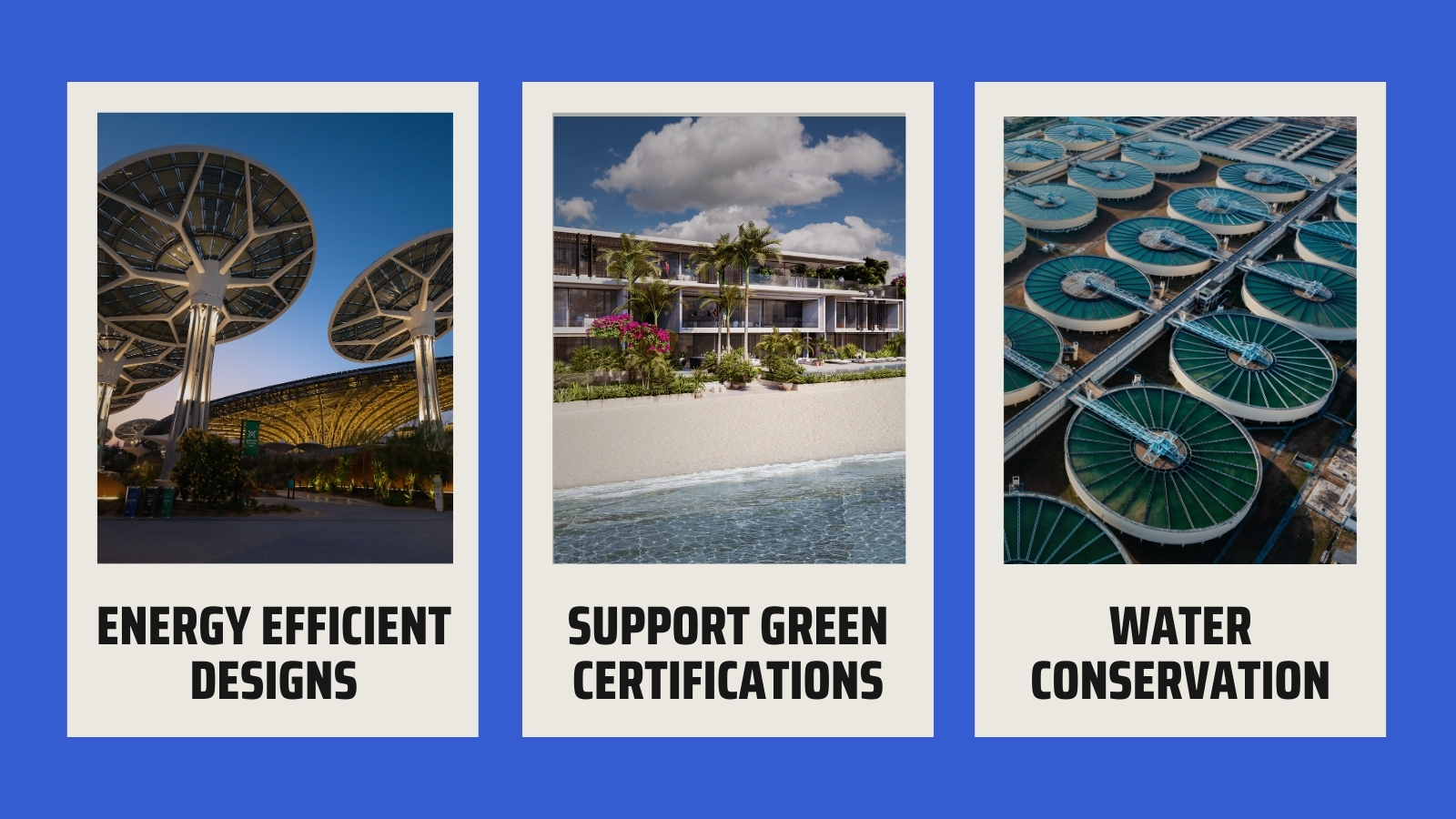
What are the Common Challenges Faced by MEP Consultants?
As buildings become more complex, so does the integration of systems. MEP consultants are the linchpin holding the puzzle together.
Preventing System Clashes
In a typical multi-story building, hundreds of mechanical, electrical, and plumbing lines may need to share ceiling space. MEP consultants use coordination drawings and clash detection software to ensure that systems don’t overlap or block access routes.
Bridging the Gap Between Design and Execution
During construction, MEP consultants provide shop drawing reviews, site inspections, and value engineering insights to ensure that what’s built matches what was designed. They also collaborate with contractors and suppliers, helping resolve procurement issues and facilitating equipment approvals.
Responding to Evolving Site Conditions
When unexpected issues arise, such as structural beams interfering with ductwork, MEP consultants are quick to adapt designs without compromising performance.Their ability to balance technical constraints with on-site realities ensures that the project remains on track and within scope.
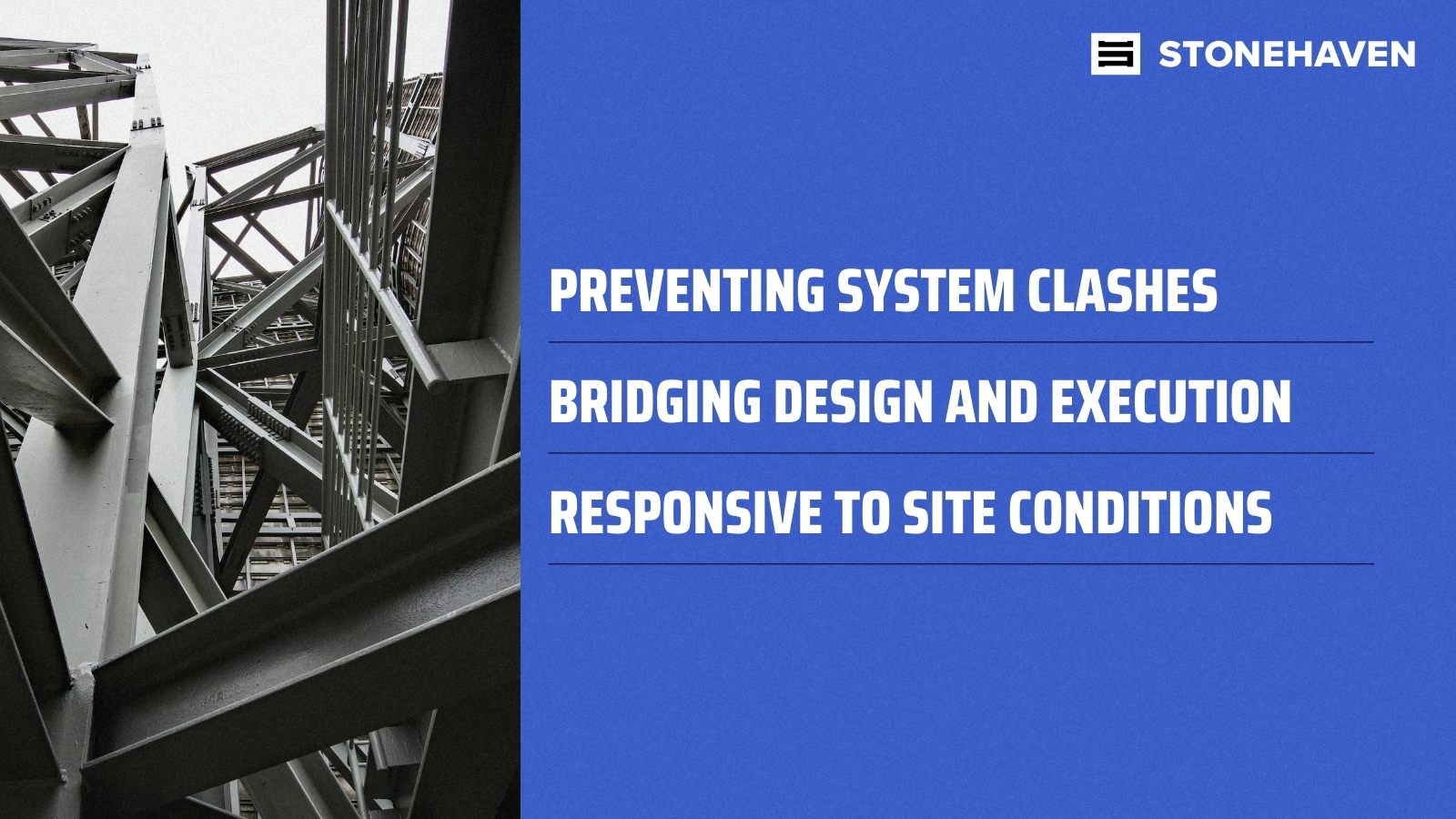
Discussing the Top MEP Design Trends in 2025
In an era of rapid technological change, future-readiness is non-negotiable. MEP consultants build flexibility into their designs so systems can evolve with occupant needs.
IoT and Automation Readiness
Smart sensors, automated lighting, occupancy-based HVAC controls, these systems rely on intelligent MEP design. Consultants ensure proper wiring, network bandwidth, and integration protocols are in place from day one.
Modular and Scalable Infrastructure
Whether expanding a hospital wing or retrofitting office spaces, buildings should be able to grow. MEP consultants plan modular layouts, looped piping, and dedicated pathways for future upgrades.
Adapting to Regulatory and Technological Change
UAE regulations around energy consumption and environmental impact are expected to tighten. Future-ready MEP systems can be upgraded with minimal downtime, ensuring continued compliance and operational efficiency.
By planning for adaptability, MEP consultants give developers peace of mind, knowing that their investments are protected for years to come.
Conclusion
The integration of MEP design consultants into construction projects is no longer a luxury but a necessity. Their expertise ensures that buildings are not only functional and compliant but also efficient and sustainable. By addressing potential issues early and designing adaptable systems, MEP consultants add significant value, reducing costs and enhancing building performance.
In an era where sustainability and efficiency are paramount, the role of MEP consultants becomes even more critical. Their contributions extend beyond the construction phase, impacting the building's operation and maintenance for years to come. Engaging MEP design consultants is a strategic decision that pays dividends throughout the building's lifecycle.
Featured Perspective
This article includes contributions and insights from Ramanathan Arumugam, Project Manager and BIM Engineer at Stonehaven whose project experience in the industry has shaped much of this discussion.
With 11 years of experience as a Project Manager in construction and engineering, Ramanathan excels in project coordination, scheduling, and stakeholder communication. Proficient in budget monitoring, risk assessment, and quality control, he ensures projects meet rigorous standards across residential, commercial, and infrastructure sectors. Recognised for his organisational skills and a collaborative approach, Ramanathan is poised to facilitate seamless project execution.
About us
At Stonehaven, we engineer complete, intelligent solutions. As one of the region’s leading MEP consultants, our mission is to transform complex technical demands into streamlined, compliant, and high-performing systems that align seamlessly with our clients' strategic goals. Our approach is grounded in deep industry insight, technical precision, and a commitment to delivering tangible value across every phase of a construction project.
Whether we're working on a luxury hotel, an educational campus, a state-of-the-art medical facility, or a high-rise commercial development, we approach each project with a comprehensive understanding of both the broader regulatory landscape and the individual objectives of our clients. We are well-versed in local compliance standards and sustainability frameworks, including those set by Dubai Municipality, Estidama, and international certifications such as LEED.
When you choose Stonehaven, you’re not simply hiring a consultant, you’re partnering with a team that is fully invested in your success. We are here to turn your vision into a fully integrated, sustainable reality, with unmatched precision and professionalism.
Reach out to us today and discover how our MEP expertise can elevate your next project.
